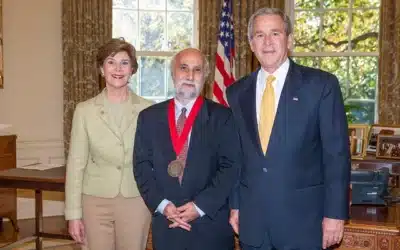Four siblings — Joseph, Michael, and Donna Murr, and Peggy Heaver — are forbidden from selling 1.5 acres they own in Troy, Wisconsin, along the Lower St. Croix River, according to a recent 5-3 U.S. Supreme Court ruling. Legal analyst Ilya Somin calls the ruling “a setback for constitutional property rights.” It is not only bad news for the siblings, Somin points out, because it is “likely to create confusion and uncertainty going forward.”
In 1994 and 1995, the siblings received two adjacent parcels from their parents, who had bought them separately under different names of record in the 1960s. One had a cabin on it; the other was an undeveloped investment property. The parcels were taxed separately. In 2004, the siblings, now the common owners of both parcels, contemplated selling the undeveloped one, valued at $410,000, and using the proceeds to improve the cabin. But they were thwarted by a 1975 zoning ordinance that forbade development or sale of parcels less than one acre. (The parcel is larger than an acre, but the ordinance excludes certain land features from the calculation.) Ironically, the Pacific Legal Foundation notes, if anyone else owned the property, there would be no legal problem, because the ordinance exempts certain parcels if “in separate ownership from abutting lands.”
The authorities said the siblings could sell only the combined parcels (with house) but not just the one. They sued for “just compensation” under the Fifth Amendment to the U.S. Constitution, which requires payment when the government takes private property for “public use.” (Incidentally, under the infamous Kelo case, “public use” has been expanded to include private commercial development.) Even though their parcel was not literally taken, as in the typical eminent-domain case, the Supreme Court has ruled that if government restrictions reduce the value of a parcel to zero (though that would be rare), “just compensation” must be paid for the “regulatory taking.”
Read the rest at the American Institute for Economic Research here.
































